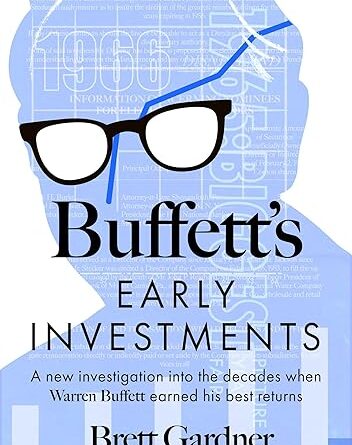
In this Research Foundation book, edited by Alfonso Ricciardelli, CFA, and Philip Clements, CFA, practitioners introduce the key features of the alternative credit asset class. They spotlight leading transactions to evaluate those features and their implications for investors. They also discuss the market’s anticipated continued growth and potential evolution.
Net zero requires transformational changes and significant investment, Roger Urwin, FSIP, asserts. This guide aids industry leaders in implementing net-zero investing. Based on interviews with more than 20 industry leaders, it offers practical guidance that stresses the importance of mindset shifts and highlights strategies for success.
In this report, Serena Espeute and Rhodri G. Preece, CFA, examine how young investors use content from financial influencers on social media platforms, such as YouTube, TikTok, and Instagram, to gather information and make investment decisions.

Access to powerful LLMs like ChatGPT is reshaping roles in the investment profession. In this report, Brian Pisaneschi, CFA, discusses how to ethically build investment models in the open-source community. He defines alternative data and presents an ESG investing case study.
Winnie Mak and Andres Vinelli explore actions investors, asset managers, corporations, and policymakers may consider to improve the disclosure of transition plans, provide clarity on transition activities, and mitigate risks associated with transition finance.
Innovations such as smart beta exchange-traded funds (ETFs) and direct indexing go beyond traditional capitalization-weighted strategies and incorporate varying levels of active management. In this paper, Jordan Doyle and Genevieve Hayman offer an updated framework for active management to capture the full range of index-based strategies and to support informed investment decision making.

Climate-related data are critical to assessing and managing the financial risks and opportunities posed by climate change, yet the data are often inconsistent and unreliable. This paper by Andres Vinelli, Deborah Kidd, CFA, and Tyler Gellasch, discusses how regulations to enhance transparency are evolving and suggests how investors can make effective use of the data available to them.
Private markets have ballooned since the Great Financial Crisis. While advocates hail their efficiency, critics call for more regulation, Stephen Deane, CFA, writes. This report illuminates how private markets function and uses the results from a CFA Institute global survey to inform recommendations for investors and policymakers.
The cost of capital is the expected rate of return that the market requires to attract funds to an investment and is one of the most important concepts in finance, write James P. Harrington, Carla Nunes, CFA, and Anas Aboulamer. This paper provides a good understanding of this, which is essential for making global investment decisions.
CFA Institute Research and Policy Center convened net-zero thought leaders and investment luminaries to break down the big ideas around achieving net zero. These Voices of Influence provide practical guidance for investors, asset managers, investment professionals, and regulators. More than 50 authors from the United States, Europe, and Asia collaborated on 16 research projects that we are delivering on a staggered publishing schedule.
If you liked this post, don’t forget to subscribe to the Enterprising Investor.
All posts are the opinion of the author. As such, they should not be construed as investment advice, nor do the opinions expressed necessarily reflect the views of CFA Institute or the author’s employer.
Image credit: ©Getty Images / Ascent / PKS Media Inc.
Professional Learning for CFA Institute Members
CFA Institute members are empowered to self-determine and self-report professional learning (PL) credits earned, including content on Enterprising Investor. Members can record credits easily using their online PL tracker.






